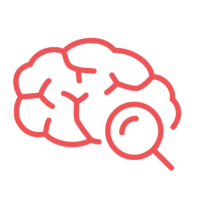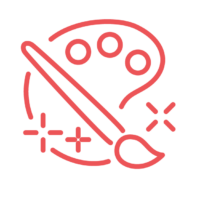Career Test - Identify Career Interests and Suitability for a Position
ID-Career
The ID-Career Test (Car), previously Test 20/20 Career (20/20 Career), is a tool that allows participants to quickly identify their career interests and evaluate their degree of suitability (fit) for the desired position and career path, taking into account their skills and personality. This assessment tool was specifically designed for people looking for job opportunities or seeking professional mobility. The test, which just takes 30 minutes to complete, allows candidates to see where they stand regarding more than 1,500 jobs listed by the main job dictionaries. Get your career test reports in real time!
If you’re a college student or an established professional looking for a career move or the ideal career in a new career field, our career test (or career assessment) is the one you need. You don’t need to go through multiple career quizzes, personality types, or personality tests and questionnaires. The ID-Career Test will provide you with all the information you need.






